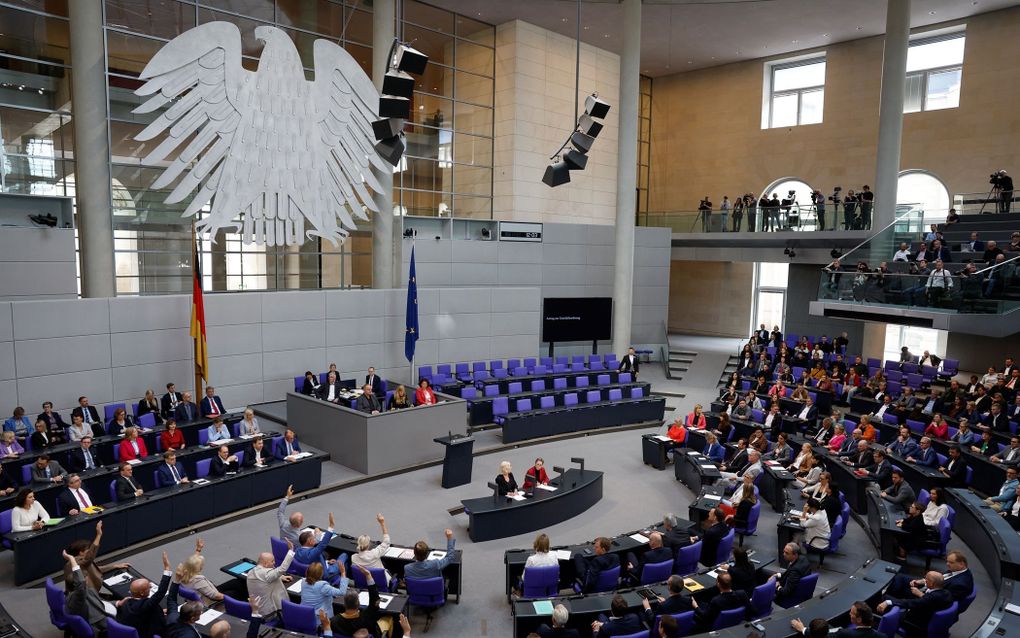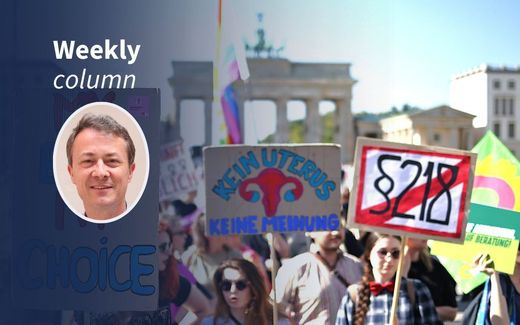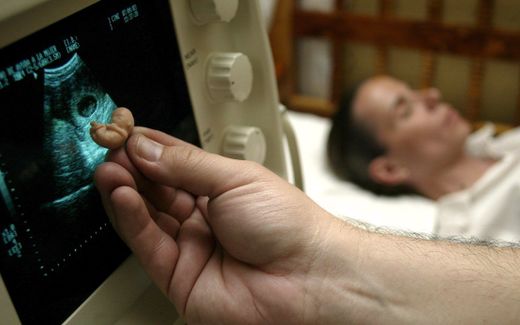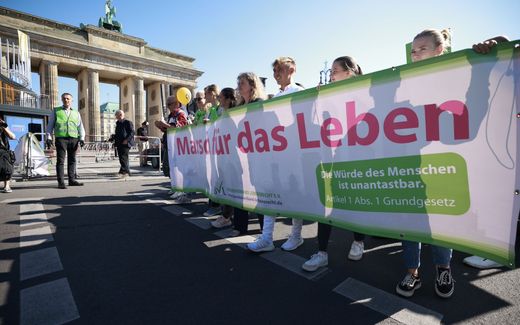Analysis: Unborn life matters in election process of German judges
15-07-2025
Central Europe
Cornelia Huber, CNE.news

MPs attend a session at the Bundestag (lower house of parliament) in Berlin on July 11, 2025. Germany's coalition government was thrown into turmoil as the conservative and centre-left parties clashed over the appointment of judges to the country's top court. Photo AFP, Odd Andersen
Central Europe
The German Bundestag was supposed to vote last week for three new judges for the Federal Constitutional Court. However, the election was cancelled at the last moment. Many CDU/CSU MPs had refused to vote for one of the candidates shortly before the election, due to the candidate's expressed views on the dignity of unborn life. What does this mean for Germany?
The German Bundestag was supposed to vote last week on three new judges for the Federal Constitutional Court. However, the election was cancelled at the last moment. Many CDU/CSU MPs had refused to vote for one of the candidates shortly before the election, due to the candidate's expressed views on the dignity of unborn life. What does this mean for Germany?
So what happened? Last Friday, the German Bundestag was due to decide on the appointment of three new judges to the Federal Constitutional Court (Bundesverfassungsgericht). One candidate was proposed by the CDU/CSU and two by the SPD.
The Federal Constitutional Court is the highest German court and its decisions can have a far-reaching influence on the course of the country. The court is made up of 16 judges in total. Their term of office is twelve years and they must be at least 40 and no more than 68 years old.
In the election committee, a preparatory body of the German Bundestag, the three candidates received a majority of votes. After this preliminary decision, the final election in the Bundestag is usually considered a formality. This time, it was scheduled for July 11.
However, that did not happen. Allegations of plagiarism against one of the two SPD candidates, law professor Frauke Brosius-Gersdorf, changed the course of events. The CDU/CSU, SPD, Bündnis 90/Die Grünen and the Linke party decided to suspend the entire election process.
However, this reason appears to be an excuse, as many observers believe that the allegations made are unfounded.
The real reason
The main reason is likely to be the lawyer's position on abortion law, which she also expressed in a reform commission of the former federal government in 2024. She believes it is constitutionally possible to decriminalise abortion.
Specifically, she advocates impunity for abortions throughout the whole pregnancy. Brosius-Gersdorf also takes the view that the embryo or fetus in the womb has no human dignity and only a lesser right to life than the human being after birth.
There was widespread public protest against this idea. Pro-life organisations protested against the election of Brosius-Gersdorf. Members of the German Bundestag received over 37,000 protest emails via the website of a counselling organisation for women in pregnancy conflict alone. 125,000 people signed a petition against the election of the candidate.
Prominent representatives of the Catholic Church also expressed clear concerns. Cardinal Rainer Woelki emphasised the dignity of life from conception, and Bishops Stefan Oster, Rudolf Voderholzer, Thomas Renz and Helmut Dieser also warned against Brosius-Gersdorf's appointment. Catholic laypeople made similar statements via the Central Committee of Catholics.
What the case shows
The case provides several learning points. Firstly, it is clear that the protection of life is important to a large proportion of the German population. This is also confirmed by a recent survey conducted by the opinion research institute INSA on behalf of the “Tagespost” newspaper. According to the survey, a relatively large part of the population (41 per cent) is against the idea that the legal protection of human dignity should only apply from birth.
With regard to MPs, it is clear that when conscience comes into play, it is possible not to follow the line set by one's own party. MPs cannot be given orders from above.
Politicians themselves have long underestimated the explosive nature of the decision. Take, for example, the SPD, the loser of the last general election, that proposed a candidate whose positions were bound to be a provocation to its coalition partner. The CDU/CSU leadership, on the other hand, only realised too late how strong the reservations in its own ranks really were.
Whenit comes to the largest churches in Germany, the Roman Catholic Church and the Protestant EKD, only the first takes a clear position on the protection of life in Germany. While high-ranking Catholic representatives expressed concerns and received some criticism for this, the Protestant Church EKD remained silent during the whole process.
The tone of the debate is worrying. Terms such as “left-wing extremist” or “right-wing agitation” quickly emerged in the public debate, and the criticised lawyer was placed under police protection due to death threats. This is not appropriate for a democracy. Differing opinions must be discussed objectively, without verbal or even physical attacks on individuals.
Conclusion
Overall, the Brosius-Gersdorf case highlights the central importance of protecting life for all people, including the unborn. Unrestricted protection of life is not only an ethical imperative, but also a fundamental basis of our society. Christians and all people of good will should raise their voices to stand up for the protection of life and thus contribute to a respectful and social dialogue. And: CDU/CSU must learn to argue about fundamental issues without hiding behind flimsy arguments.
Related Articles









